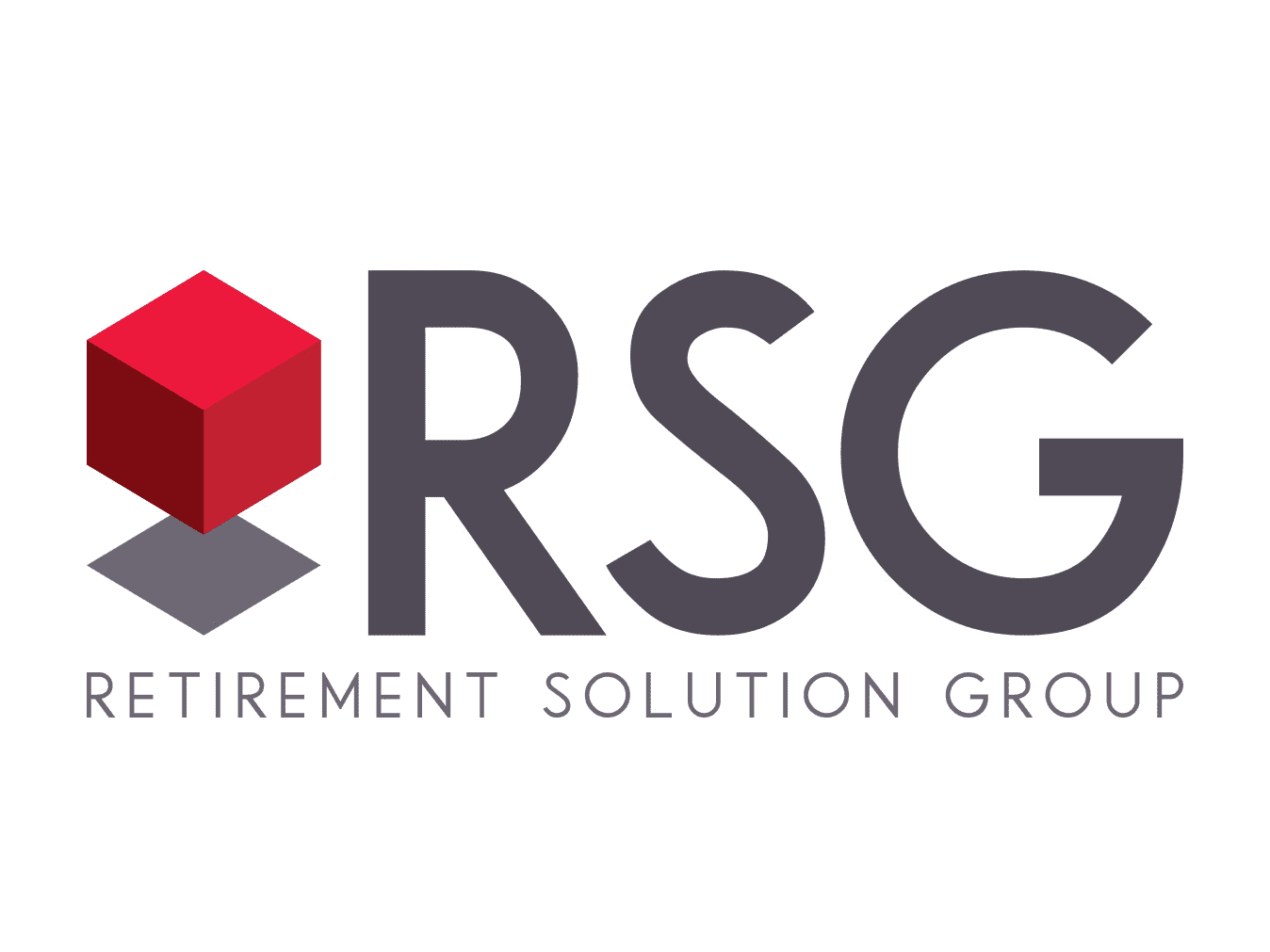Simply put, inflation means you will soon pay more for the same goods and services. When the subject comes up, your thoughts may go right to gas and grocery prices. These are certainly important but let’s take your considerations a step further and make sure that your retirement planning, specifically your portfolio factors in the impact of inflation.
One of the top headlines this quarter has been the surge in economic growth as COVID restrictions are rolled back and the United States looks to reopen its economy. While many Americans have welcomed the easing of COVID restrictions across the country, the accompanying surge in economic activity has led some to express concerns surrounding potential inflation. For the first time in over a decade we are beginning to see inflation creep up. In this blog post we will discuss how a rising inflationary environment might impact your retirement portfolio.
INFLATION AND EQUITIES
Historically, when there has been inflation and strong economic growth, investors have generally done well over-weighting stocks and specific asset classes such as emerging markets (see Chart 1: Inflation & Emerging Market Stocks). Emerging markets, for example, tend to be good inflation hedges given their exposure to basic goods, materials, commodities, etc.
Chart 1: Inflation & Emerging Market Stocks
In addition to emerging markets, growth stocks and equities with pricing power (e.g. consumer goods, health care, energy, etc.) should do well. Hard assets like REIT’s and commodities should also hold up well.
INFLATION AND FIXED INCOME
To the contrary, inflation has historically been a headwind for bonds and fixed income investments. Currently, inflation is higher than the interest rates from government bonds (see Chart 2: Inflation & Interest Rates). Interest rates will need to increase and/or inflation will need to decrease for bonds to be more attractive. It’s important to note, as interest rates rise the short-term, bond prices decline as investors look to sell off their holdings of lower yielding bonds in favor of new, higher yield bonds. Factor in the continued historical lows in interest rates we have seen over the past decade, and we anticipate bonds to remain a challenging environment for several years to come.
Chart 2: Inflation & Interest Rates
INFLATION IMPACT OVERALL
Maintaining a well-diversified and balanced portfolio is more important than ever. But not just between equities and fixed income, but also between sub-asset classes within those categories. We encourage all participants to review their portfolios and ensure your allocation and risk/return profiles are accurate and appropriate.
NEXT STEPS
Now is a good time to meet with your personal or retirement plan investment advisor for assistance.




